What Our Technicians Want You to Know
January 25, 2022
New Title
When you’ve been in this business as long as we have, you see some common issues that crop up again and again with our commercial kitchen clients. If your restaurant’s New Year’s resolution is to improve the upkeep of your commercial kitchen equipment, but you’re not sure where to start, our technicians have a few suggestions. We asked our technicians for the top tips they’d offer a customer who wanted to improve their equipment upkeep. Armed with the following list, you’ll be ahead of the game when it comes to equipment maintenance.
Change Filters Regularly
This is probably filed in your mind under “quick and easy maintenance tasks,” but it’s amazing how often we neglect to do the simplest things. However, this task that takes mere minutes to complete could actually save you hours of unnecessary maintenance. Set a reminder on your phone, put an alert on your calendar, or simply choose one day a month that’s officially Filter Change day. On this monthly day, switch out every HVAC filter, and clean the vent hood filter well. Water filters can go a bit longer, so change those out no less than twice a year based on volume. Choose two holidays six months apart to make replacing them easier to remember. (We suggest New Year’s Day and the Fourth of July.)
Invest Time in Training Your Staff
We understand the time crunches that exist in a commercial kitchen. When you hire someone, you want to get them on the line as quickly as possible. Orientation and onboarding can feel like wasted time when you have orders to get out the door. We assure you: proper training is not wasted time. Many of our service calls are the result of equipment being used improperly by untrained staff. It’s worth the time and energy to instruct your new hires on operating and cleaning every piece of commercial restaurant equipment they’ll interact with.
Clean Equipment Daily
To help facilitate proper daily cleaning and maintenance, post simple laminated cleaning checklists next to each piece of equipment or in a closing crew nightly log. While it may seem simple, research suggests that the act of physically checking off a list while completing a routine leads to increased accuracy.
That’s why pilots and doctors use a checklist every single time they prepare for takeoff or begin surgery.
Know the Signs of Hard Water and Hard Water Damage
Hard water can have a devastating impact on commercial kitchen equipment, but this impact can be avoided by recognizing and addressing the signs of hard water damage before it becomes a major problem. Instruct your team to be on the lookout for hard water signs, including white buildup on faucets or a lack of suds when using cleaning products. You may notice limescale on the inside of your dishwasher, on ice machine components, or in your steamer or combi oven. Once you notice hard water deposits, address them immediately to prevent future damage to your equipment.
Read Your Equipment Manuals
Even if you’ve used equipment from a particular manufacturer before, don’t assume that the new equipment will function in exactly the same way. Each piece of commercial kitchen equipment is different, and manufacturers change or update components constantly. If you've recently purchased a new (or new to you)
piece of equipment, it’s well worth your time to review the basic functioning and upkeep guidelines in the early days following a purchase. This may seem like a timesuck, but it’s time well spent. In addition, many manufacturers now include video walkthroughs of their equipment
to help orient you and your staff to the new equipment.
Trust Your Instincts
Since you work with this equipment every day, it’s likely you’ll notice when something isn't right. Many of our customers doubt their intuition and delay scheduling a service call. If a team member comes to you with a concern, it’s worth setting up a service call to check out anything unusual. Simple problems that aren’t immediately addressed can grow and grow until they’re exponentially more troublesome (and expensive to fix.) Err on the side of caution, trust your gut, and call your commercial kitchen repair company if anything seems amiss.
Work With The Professionals at ATECH
To line up the highest-quality care for your equipment, look for an Authorized Service Agent (ASA)
like ATECH. We’re certified to repair multiple manufacturers, and we provide a written guarantee of our work to protect our customers. For more information on the care and upkeep of your equipment through a planned maintenance schedule, reach out to ATECH today.
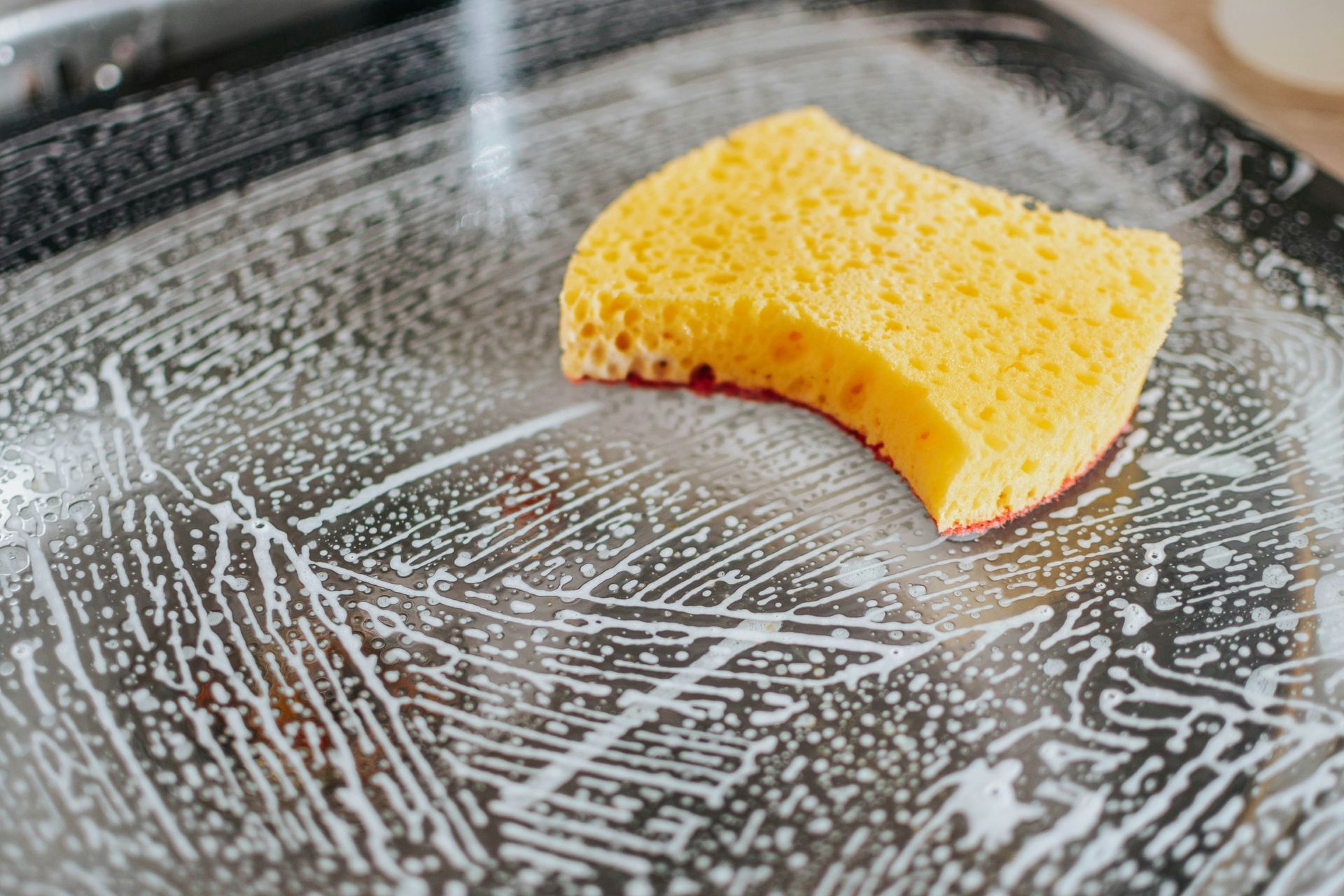
As the season changes and springtime blooms, it's the perfect opportunity to refresh and rejuvenate your restaurant space. Spring cleaning isn't just about tidying up; it's about ensuring a safe, welcoming environment for your patrons and staff. In this blog post, we'll explore some essential tips and best practices for restaurant cleanliness in the springtime. Embrace Deep Cleaning : Spring cleaning is the ideal time to tackle those deep cleaning tasks that may have been neglected during the busier seasons. From scrubbing floors and walls to deep cleaning kitchen equipment, thorough sanitation ensures a hygienic environment for food preparation and service. Focus on High-Traffic Areas : Pay special attention to high-traffic areas such as dining areas, restrooms, and entryways. These areas are prone to accumulating dirt, dust, and germs, making regular cleaning essential for maintaining a pristine appearance and preventing the spread of illness. Refresh Outdoor Spaces : If your restaurant has outdoor seating areas, spring is the perfect time to freshen them up. Clean outdoor furniture, sweep away debris, and power wash outdoor surfaces to create an inviting atmosphere for al fresco dining. Check and Replace Equipment Filters : Don't forget to inspect and replace filters in HVAC systems, refrigeration units, and ventilation hoods. Clean filters help maintain air quality and prevent the buildup of contaminants, ensuring a healthy indoor environment for both customers and staff. Engage Staff in Cleaning Initiatives : Encourage staff members to take pride in the cleanliness of the restaurant by involving them in spring cleaning initiatives. Assign specific tasks and provide training on proper cleaning procedures to ensure consistency and effectiveness. Implement Regular Maintenance Schedule : Establish a regular maintenance schedule to keep up with cleaning tasks throughout the year. By incorporating daily, weekly, and monthly cleaning routines, you can maintain a high standard of cleanliness and prevent the accumulation of dirt and grime. Invest in Quality Cleaning Products : Choose cleaning products that are effective yet environmentally friendly. Look for products that are certified as safe for use in foodservice establishments and follow manufacturer recommendations for proper application and usage. Monitor and Adjust Cleaning Protocols : Continuously monitor cleaning protocols and adjust as needed based on feedback, customer traffic, and changing regulations. Regular evaluation ensures that your cleaning practices remain effective and in compliance with industry standards. Spring cleaning is an essential aspect of restaurant maintenance that goes beyond just aesthetics. By implementing thorough cleaning routines, engaging staff members, and investing in quality cleaning products, you can create a safe, hygienic environment that enhances the dining experience for your customers and promotes a healthy work environment for your staff. As you embark on your spring cleaning journey, remember that ATECH is here to support you with a wide range of cleaning and maintenance solutions tailored to meet the unique needs of your restaurant. Happy spring cleaning!

Winter is here, and at ATECH, we understand the unique challenges businesses face in keeping their commercial equipment running smoothly during the colder months. In this comprehensive guide, we'll delve into the strategies, tips, and success stories that can help your business navigate winter effortlessly. From equipment maintenance to emergency services, consider this your go-to resource for mastering winter with ATECH. Winter Equipment Maintenance Tips Checklist for Winter-Ready Equipment: Inspect Seals and Gaskets : Ensure a tight seal to prevent cold air leakage. Check Insulation : Evaluate the insulation of walk-in coolers and freezers. Clean and Sanitize : Thoroughly clean and sanitize all equipment surfaces. Temperature Adjustment : Set optimal winter temperatures for each piece of equipment. ATech Maintenance Tips for Different Equipment: Fryers and Grills : Clean and inspect burners for efficient operation. Ice Machines : Check water lines for insulation and replace filters regularly. Heating Systems : Schedule preventive maintenance to optimize efficiency. Electronic Equipment : Keep spaces well-heated and clean to prevent malfunctions. Businesses often grapple with specific equipment failures that can disrupt operations. ATECH understands the challenges posed by heating system malfunctions, electronic equipment performance, and other issues during the colder months. To tackle these common winter-related failures, businesses should prioritize preventive measures. Regular heating system maintenance checks and air filter replacements can prevent malfunctions. For electronic equipment, maintaining ambient room temperature and conducting routine cleaning are key strategies to ensure optimal performance throughout winter. ATECH's Winter Services: A Lifeline for Your Business Winter demands a proactive approach to equipment maintenance, and ATECH stands as the lifeline for businesses navigating the challenges of the season. Our comprehensive winter services go beyond mere repair and include prompt equipment repairs, planned maintenance, and emergency services. With a commitment to same-day service for urgent winter emergencies, ATECH ensures that businesses can rely on swift resolution during critical times. What sets us apart is our team of factory-trained and CFESA-certified technicians, offering not just reliability but a dedicated partnership to keep your business running smoothly through the coldest months. Trust in ATECH, your lifeline in the winter business landscape. Winter doesn't have to be a season of uncertainty for your business. With ATECH by your side, you have a reliable partner dedicated to providing top-notch equipment repairs and maintenance services. Master winter with confidence, knowing that our comprehensive guide and expert services are here to support your business every step of the way. For personalized winter readiness assessments and expert guidance, contact ATECH today. Let's navigate winter together, and keep your business thriving.

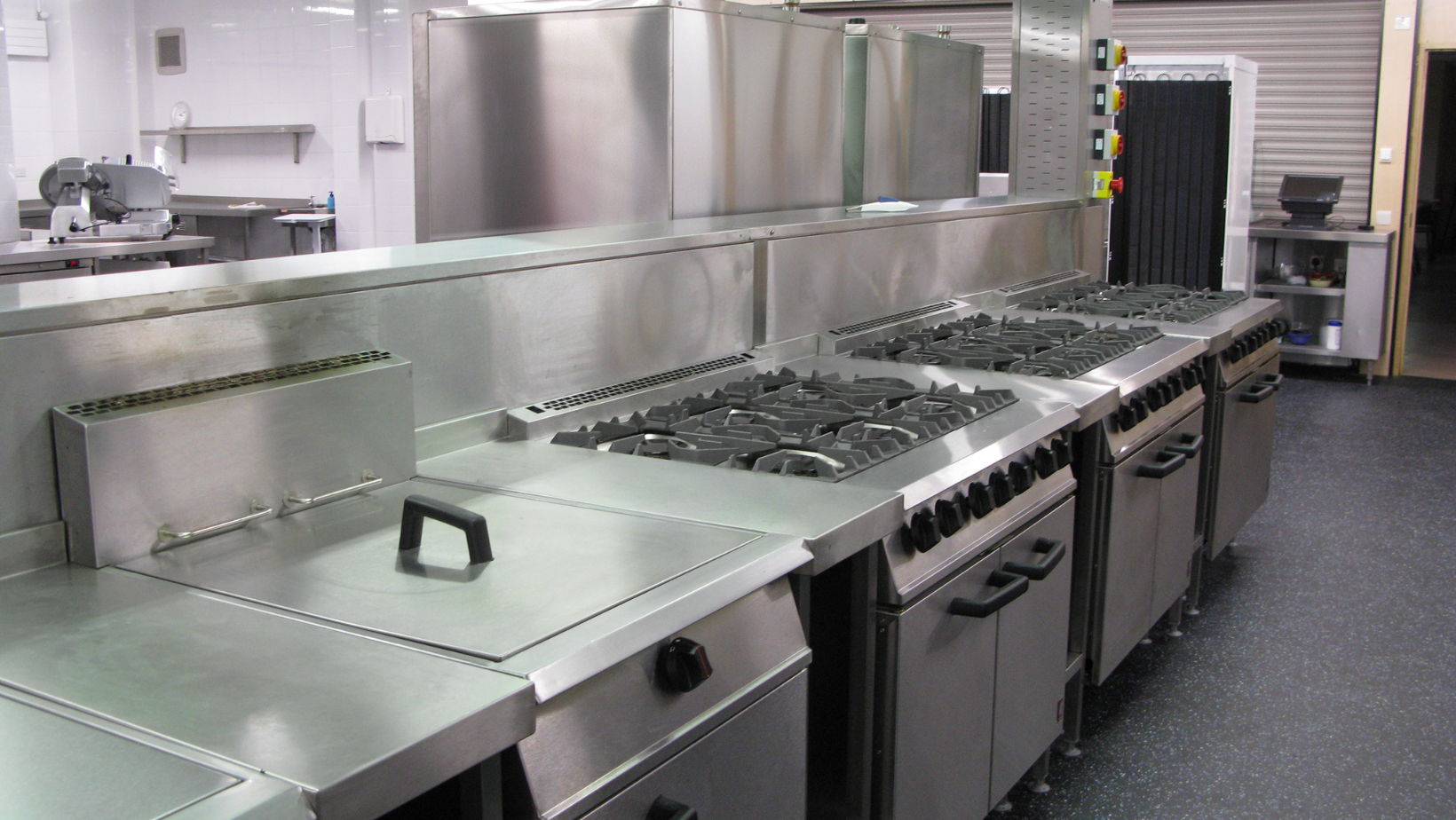
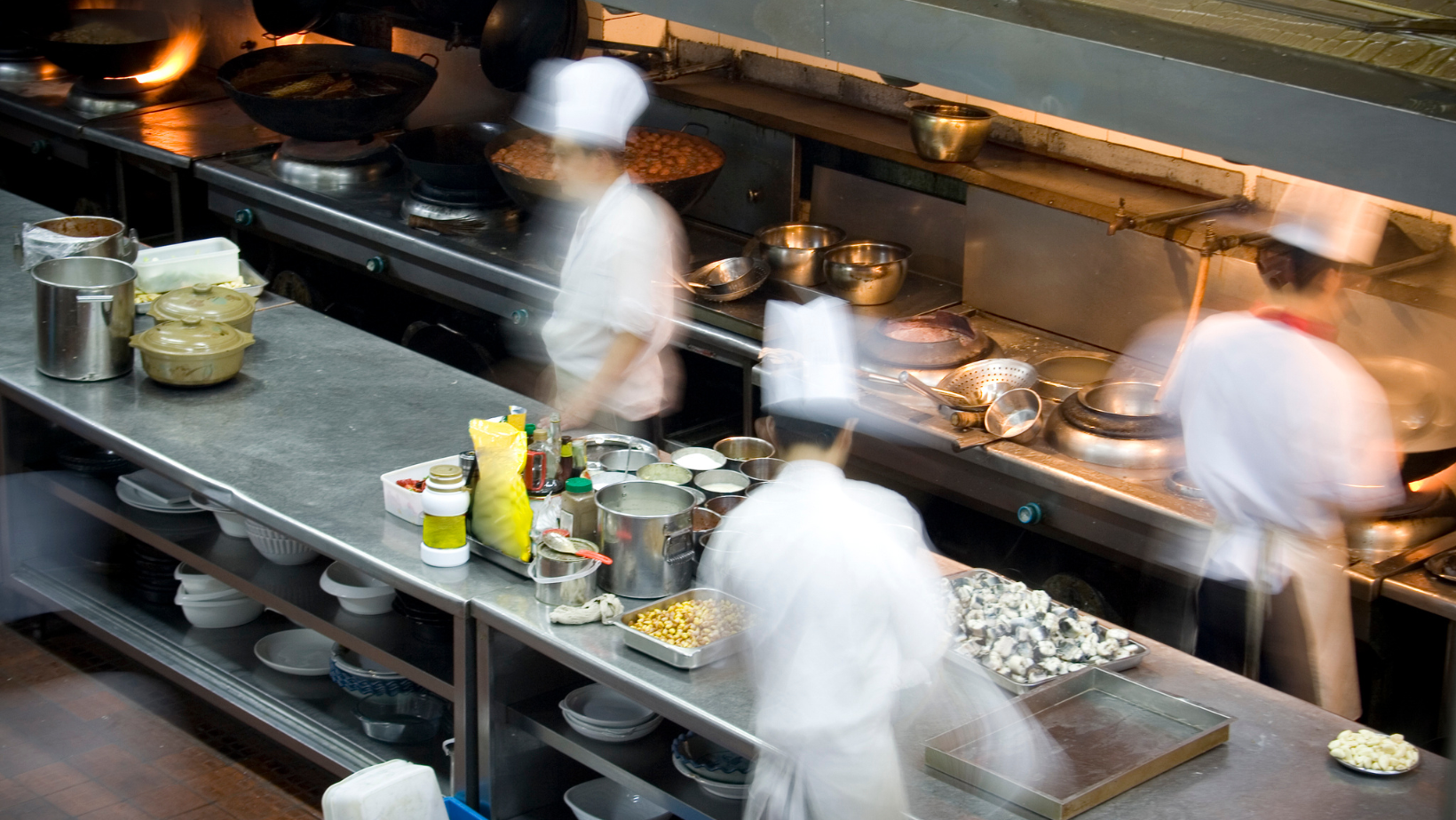




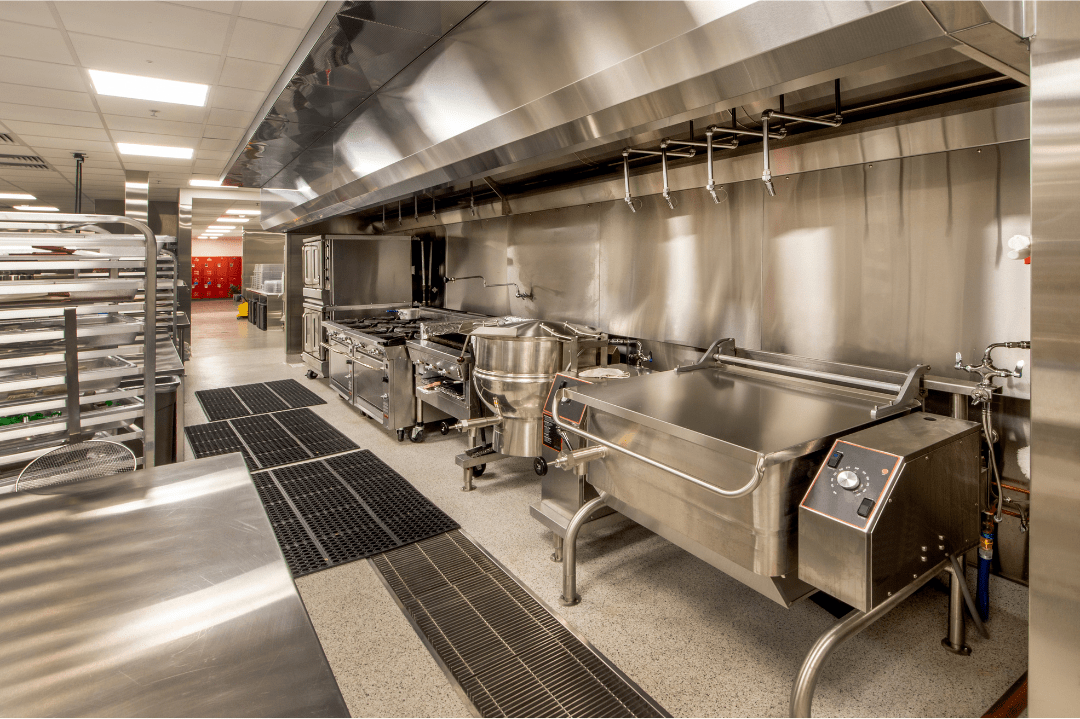
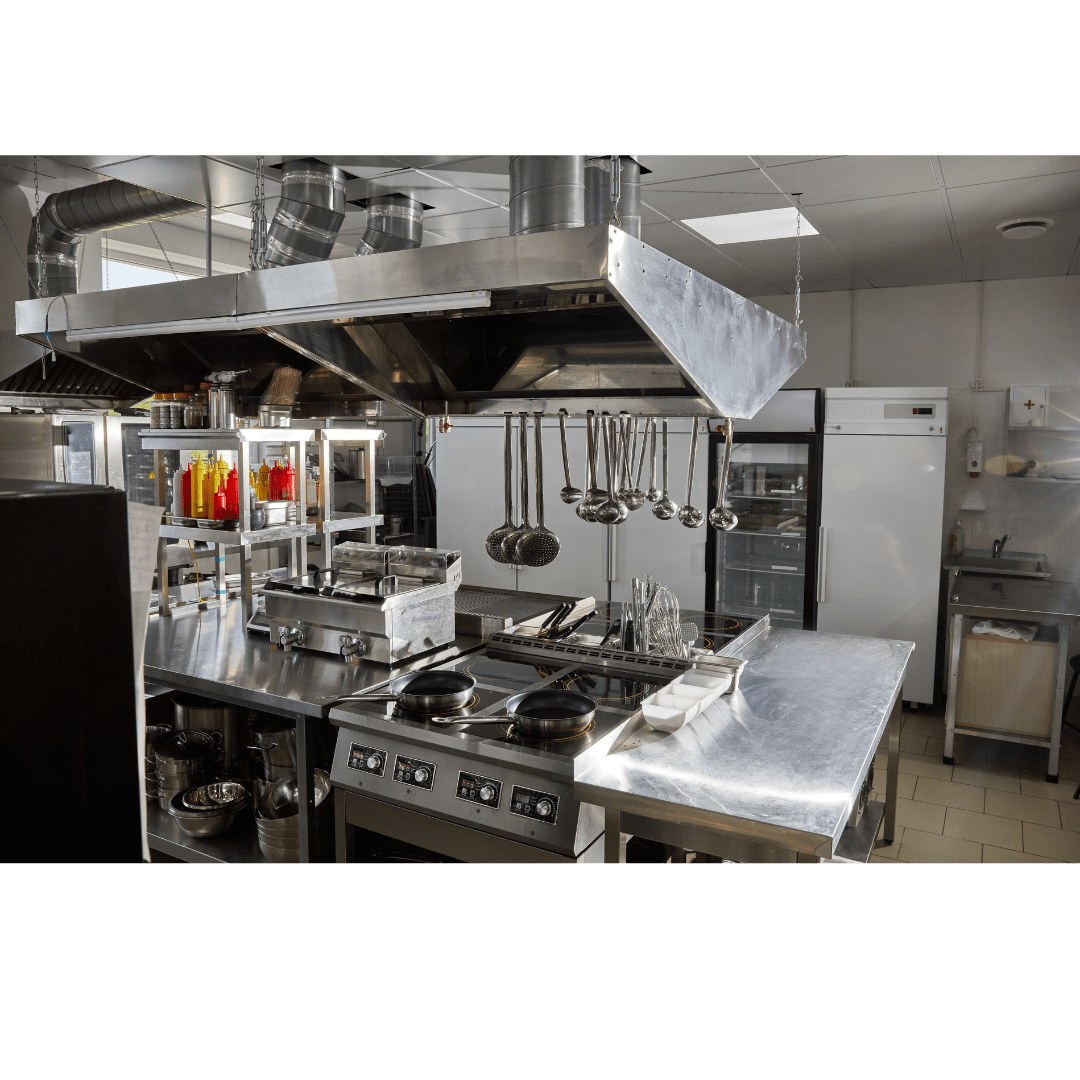
Share On: